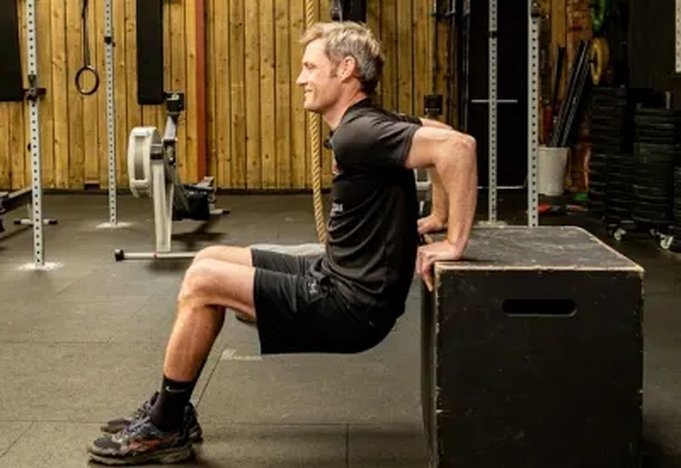Events Training Hub
Walking With The Wounded’s hub to help you prepare for your next challenge
Are you ready to go the distance?
Welcome to team Walking With The Wounded and our events training hub. Here we have put together support to help prepare you for your upcoming event that you’re undertaking.
Whether you are a beginner or experienced, we hope our guidance helps make your walk, run, hike or climb a success.
How you can get started
Here are some things you should consider as you prepare:
- Plan: 12 weeks of training is an ideal period to build fitness towards a goal, i.e. a half marathon.
- Prioritise Recovery: Select two days each week to allow for recovery and to prevent overtraining.
- Download our Plans: Our training resources contain weekly sessions of planned cross training which can be based around gym fitness and flexibility, yoga, Pilates or swimming.
- Warm Up and Cool Down: Both of these activities are crucial for improving performance, preventing injury and aiding recovery. A good warm up should increase blood flow, activate key muscles, and prepare your joints for movement. A proper cool down helps lower your heart rate and relax your muscles to prevent soreness.
Need some help?
Our events team are available every step of the way to guide you through your event training. To ask a question, contact them by emailing fundraising@wwtw.org.uk.
Training Resources
Walking With The Wounded - Training Plan
PDF. 330.5kb
Fill in your own exercises and rest days with this blank training plan.
Download this fileWalking With The Wounded - Half Marathon Plan
PDF. 340.1kb
Get started quickly with this half marathon plan filled with exercises and rest days.
Download this fileWalking With The Wounded - Training Insights
PDF. 1.0mb
Prepare for your event by learning about warm ups, fartleks, cooldown and recovery.
Download this fileIntroducing ultra-runner and world record holder Rory Coleman
Helping our supporters with their physical and mental preparations, Rory brings his unique skills and experience from events worldwide to our team. To date, Rory has achieved:
- Finishes in over 1,200 marathons
- 9 x Guinness World Records for running on treadmills
- 18 x Marathon des Sables Legendary finishes
- 3 x Grand Union Canal Race finishes
With a 31-year running career under his belt, he is an invaluable resource to our supporters and has coached over 1,000 individuals.
Read more about Rory
Walking With The Wounded's Top Training Tips
Fuel your body
Fuel properly for long runs with easily digestible carbs 1-3 hours before. Avoid heavy, high-fat, or high-fibre foods. Refuel within 30-60 minutes post-run with carbs and protein, then eat a balanced meal. Stay hydrated throughout.
Other training
Balancing running with strength, mobility, and low-impact training prevents injuries, improves performance, and boosts recovery while keeping workouts engaging.
Hydration
Proper hydration is key for long runs. Drink 500-600 ml pre-run, sip 120-240 ml every 15-20 minutes, and replenish fluids post-run. Use a bottle or hydration pack, plan refill points, and listen to your body’s signals.
Slow and steady
To prevent injuries, runners should increase training gradually, strengthen key muscles, wear proper shoes, stretch regularly, cross-train, maintain good form, and listen to their bodies.
Don’t beat yourself up
Missing a week isn’t a setback if you return smartly. Avoid doubling mileage, start 10-20% easier, and adjust based on how you feel. If recovering from illness or injury, ease in cautiously.
Be careful of injuries
Running injuries result from overuse and muscle imbalances. Common issues include runner’s knee, shin splints, stress fractures, and strains. Prevention involves gradual training, proper footwear, strength exercises, stretching, and listening to your body.
Additional Training Activities
Here are ways you can increase your physical activity - no matter what level you're at.

Join a Parkrun
Parkrun is a weekly free 5km hosted at hundreds of venues across the UK. These runs are a great way of preparing for a half marathon.

NHS' Live Well
The NHS provides a variety of exercise guides and videos that you can use to help you plan workouts to help you improve your fitness.


